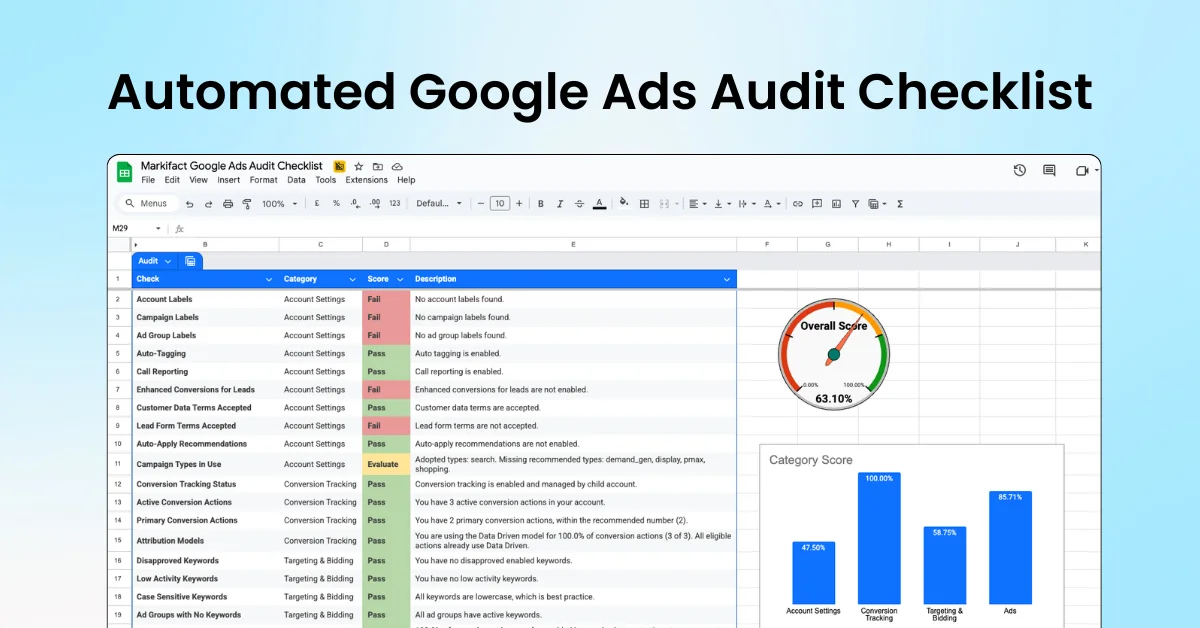A lawsuit against Google for allegedly violating child privacy laws will proceed to trial after a judge denied Google's motion to dismiss the case. The lawsuit, filed in June last year, claims Google ignored child privacy laws in California, Florida, and New York, which prohibit targeted advertising to children under 13 and collecting their data.
Key Allegations
- Designed for Families (DFF) Program: Initiated in 2015, this program allowed developers to declare their apps as safe for children, ensuring only appropriate content would be shown. Apps verified by DFF were presented to parents as child-friendly in the Google Play store.
- Mislabeling of Apps: The lawsuit alleges that apps were wrongly labeled under the DFF program, leading to children using software that unlawfully invaded their privacy. Developers could label apps as intended for a "mixed audience" or "not primarily intended for children," allowing data collection and targeted ads.
- Incentives for Mislabeling: App makers were incentivized to mislabel apps intended for under-13s as suitable for a mixed audience to gain advertising revenue, which Google also benefited from. This led to children being targeted with ads, violating privacy laws.
Google's Defense
- Motion to Dismiss: Google argued that the complaint was invalid, claiming it lacked basic facts, such as the timing of the alleged infractions. Google pointed out that the statute of limitations might render the lawsuit invalid if the infractions occurred before June 22, 2019.
- Removal of Apps: Google noted that the specific DFF-approved apps mentioned, made by Tiny Lab, were removed from the Google Play Store in September 2018.
- Compliance with COPPA: Google argued that compliance with the Federal Children's Online Privacy Protection Act (COPPA) should override state laws and that there was no reasonable expectation of privacy given Google's public disclosures.
Judge's Ruling
- Denial of Motion to Dismiss: District Judge Casey Pitts denied Google's motion, stating that the arguments presented by Google's legal team were incorrect.
- Focus on DFF Program: The judge emphasized that the lawsuit targets the DFF program's failings, not just individual apps like those from Tiny Lab.
- Statute of Limitations: The judge ruled that the DFF program's termination in 2021, after a settlement with New Mexico, falls within the statute of limitations.
- Data Retention: The judge noted that there's no evidence the children's data is permanently deleted, providing grounds for the lawsuit.
- State Laws: Compliance with COPPA does not offer absolute protection from state laws, and the plaintiffs have a plausible claim under both COPPA and state laws.
The trial will proceed, though a schedule for the proceedings has not been set. Google has been contacted for comment.











